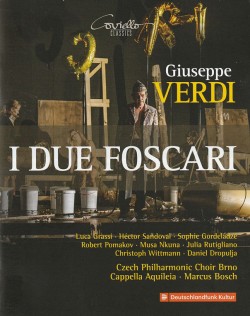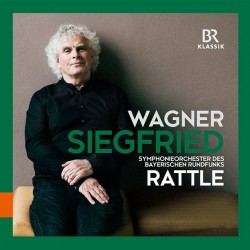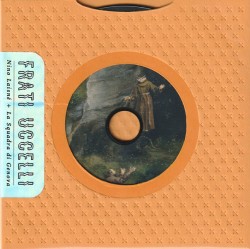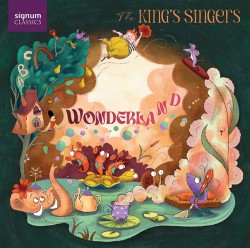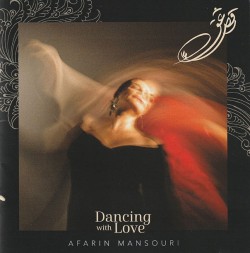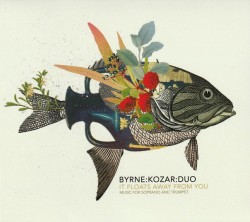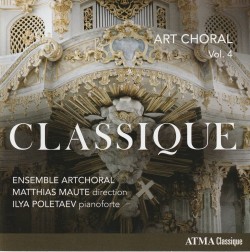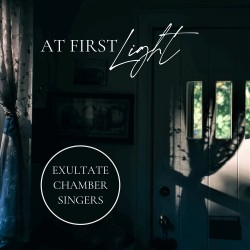Giuseppe Verdi: Ernani - Soloists; Orchestra e Coro del Maggio Musicale Fiorentino; James Conlon
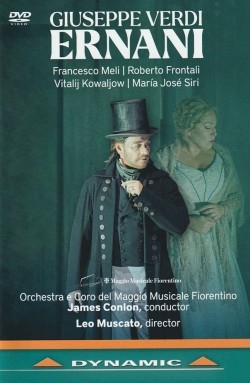 Giuseppe Verdi – Ernani
Giuseppe Verdi – Ernani
Soloists; Orchestra e Coro del Maggio Musicale Fiorentino; James Conlon
Dynamic DVD 37972 DVD (naxos.com/Search/KeywordSearchResults/?q=37972)
For some unknown reason Verdi’s Ernani does not even make it to the operatic maestro’s greatest hits. This performance by Francesco Meli (in the title role), Roberto Frontali (Don Carlo), Vitalij Kowaljow (Don Ruy Gomez de Silva) and the inimitable Maria José Siri (Elvira) is nothing short of stellar, more so for the masterful direction of Leo Muscato who enables them to bring the characters to life. James Conlon’s conducting of the Orchestra e Coro del Maggio Musicale Fiorentino is superb.
There is real gain from watching this DVD, with those stars throwing every fibre of their being into intense portrayals of what becomes an emotional whirlpool by the end of the opera. Verdi adapted Victor Hugo’s play which came at a time when Hugo was waging a “culture war” that aimed to promote “ideas for progress” in the 1830s. By the time of this opera the Italian master’s work had already become synonymous with the word “operatic”.
Verdi throws his characters in Ernani into infernos for tortured souls. But while the passion with which Meli, Frontali, Kowaljow and Siri play their parts may not be unexpected, it is impressive indeed to watch and listen to the subtlety of so much soft singing. Meli and Siri’s performances tingle with so much nervous intensity. The set is elegantly simple, costumes are superb down to the last accessory and the filming – designed to accentuate the melodrama – is excellent.


